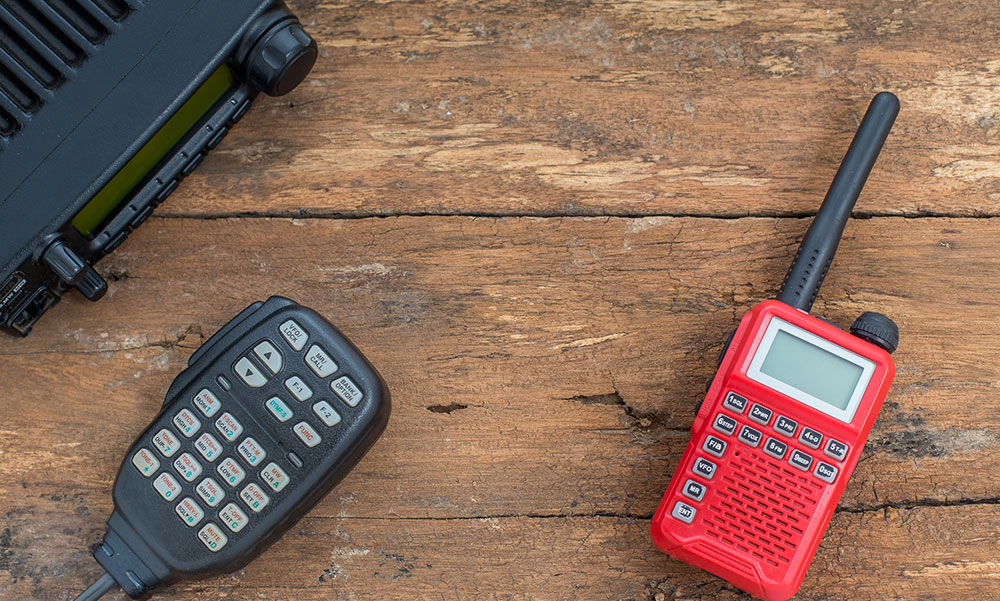
Amateur Radio Operators Heading to Storm-Ravaged Puerto Rico, With Association’s Help
At the behest of the American Red Cross, the American Radio Relay League is sending 50 amateur radio operators to the island territory to assist in information exchange efforts. It's the first time in the groups' 75-year relationship that on-the-ground help has been requested.
When Hurricane Maria plowed into Puerto Rico earlier this month, some of the earliest sources of help came from far away, through the radio waves.
Amateur radio operators quickly became important relay engineers to people on the ground, ensuring that aid was getting routed where it needed to go and that information was being shared quickly. Some “hams,” like Oscar Resto, were already on the ground.
“I have the responsibility to establish the required emergency communications that the American Red Cross needed for understanding the needs of the citizens impacted by the hurricane,” said Resto, a section manager for the American Radio Relay League (ARRL), in comments to CNN.
ARRL, which represents around 160,000 ham radio operators nationally, is used to offering this help.
“We do the things that first responders can’t because they’re so busy. We can relay almost any information. The most important thing is getting health and welfare information to a place where relatives can access it,” ARRL CEO Tom Gallagher told Motherboard this week.
But the situation in Puerto Rico is leading the group to take unprecedented steps. ARRL is putting some boots on the ground to assist at the request of the American Red Cross. Within 24 hours of the relief group asking for assistance, the association had gathered 25 two-person teams to head to the island to help provide information on the health and welfare of locals.
The teams, spread throughout the island, will stay for as long as three weeks and will be provided equipment by ARRL—gear that includes a digital HF transceiver, dipole antenna, power supplies, generators, and solar-powered battery chargers. The battery chargers, says the group, are similar to those that the U.S. military uses.
The request for ground assistance is unique in ARRL’s 75-year-long relationship with the Red Cross, and is being driven by the storm’s dramatic effects on the island’s infrastructure.
“Hurricane Maria has devastated the island’s communications infrastructure,” ARRL Emergency Preparedness Manager Mike Corey said in a news release. “Without electricity and telephone, and with most of the cell sites out of service, millions of Americans are cut off from communicating. Shelters are unable to reach local emergency services. And people cannot check on the welfare of their loved ones. The situation is dire.”
The league, which has been particularly active in relief efforts in the days since Hurricane Harvey, has asked for financial assistance to help support its ongoing efforts. ARRL’s equipment paid for by its Ham Aid fund, which loans out equipment to disaster agencies and services in need, has been depleted as a result of the recent storms.
“Equipment has been flying out the door since Hurricane Harvey struck the U.S. mainland,” ARRL President Rick Roderick added in the release. “From meeting requirements in aid of Hurricane Irma victims in the U.S. Virgin Islands and Florida, our store of Ham Aid kits has been depleted.”
That said, aid has been quick in coming. ARRL reported to CNN that 350 ham radio operators offered their services on the island within two days of the Red Cross’ call.
(noizstocker/iStock/Getty Images Plus)






Comments